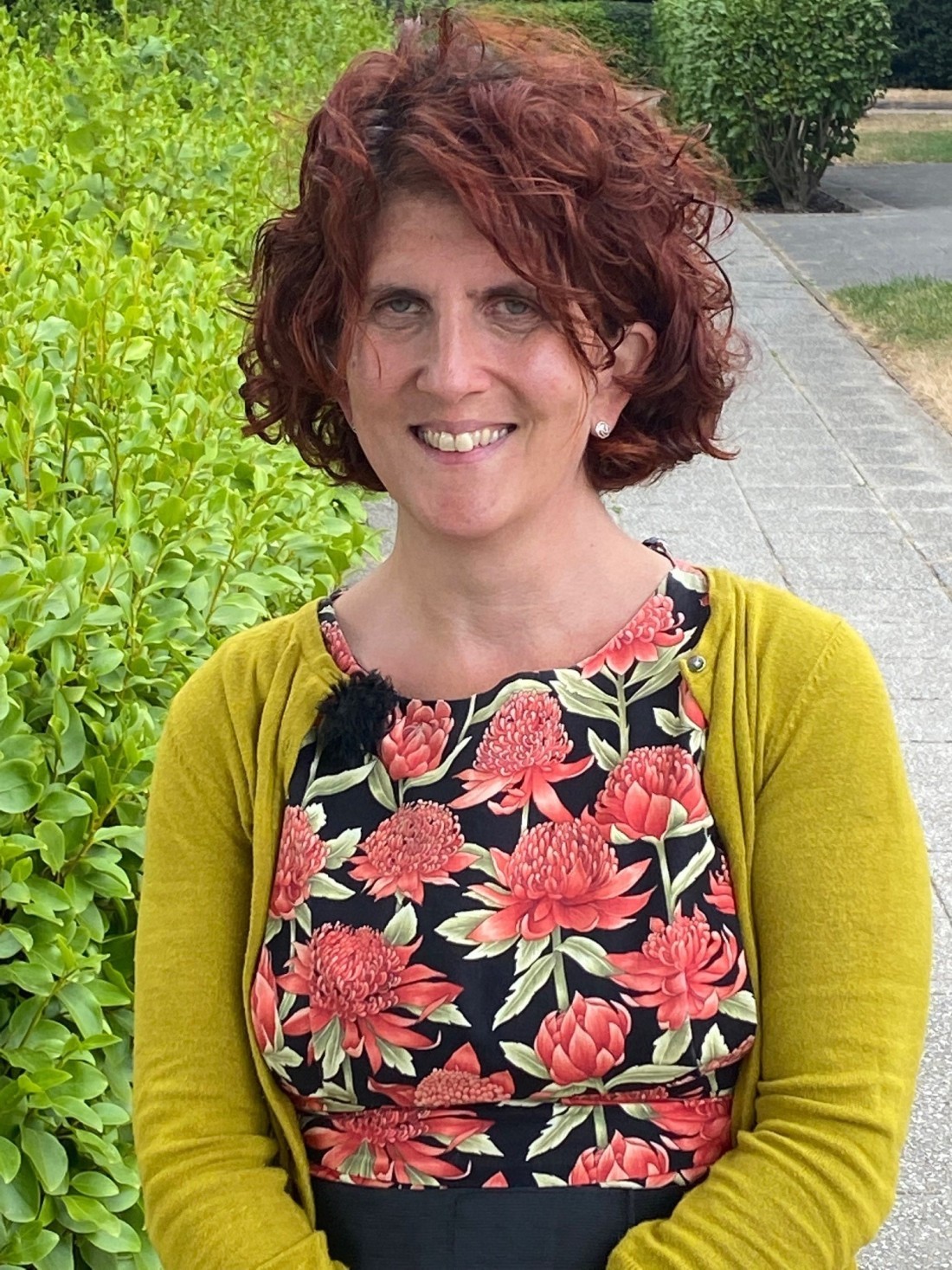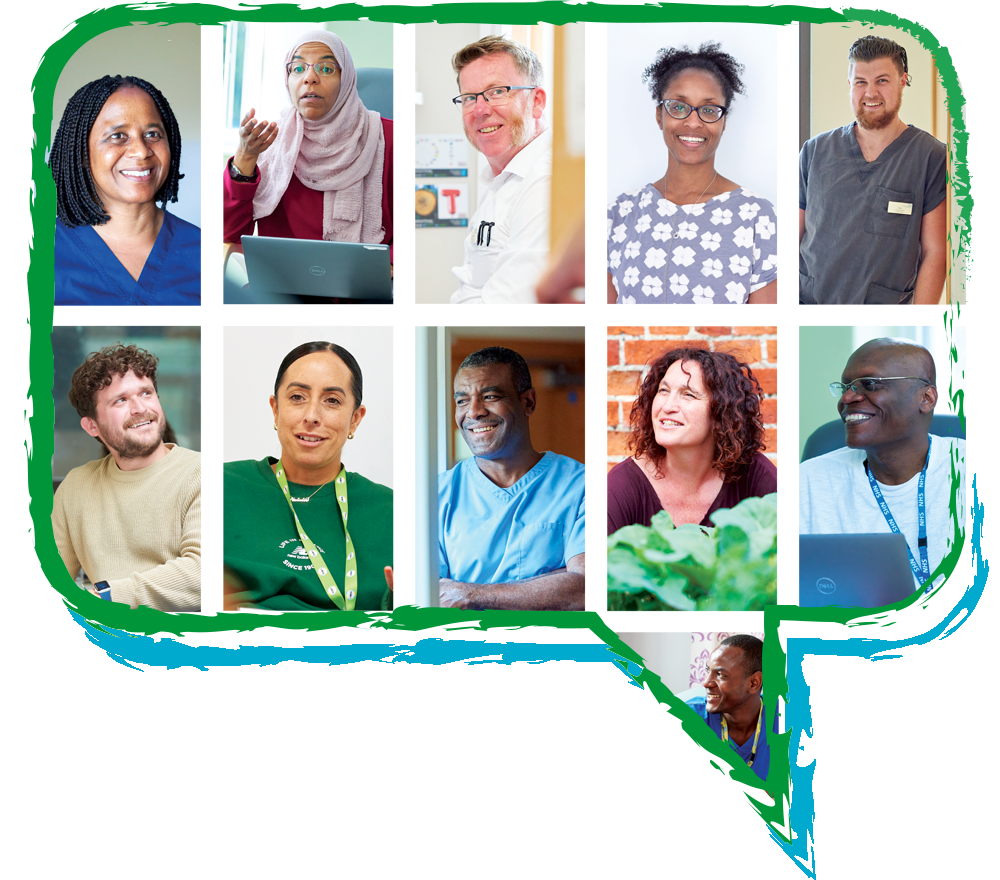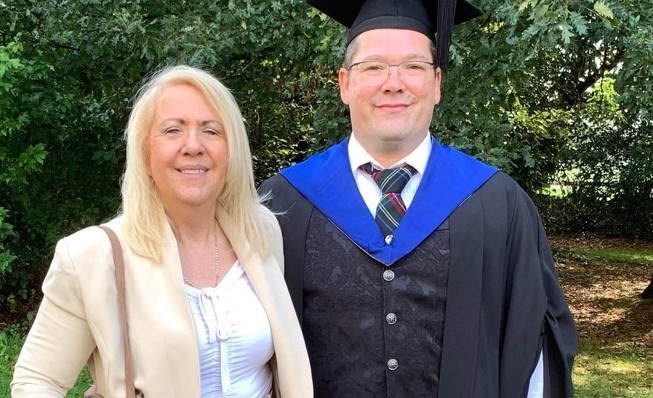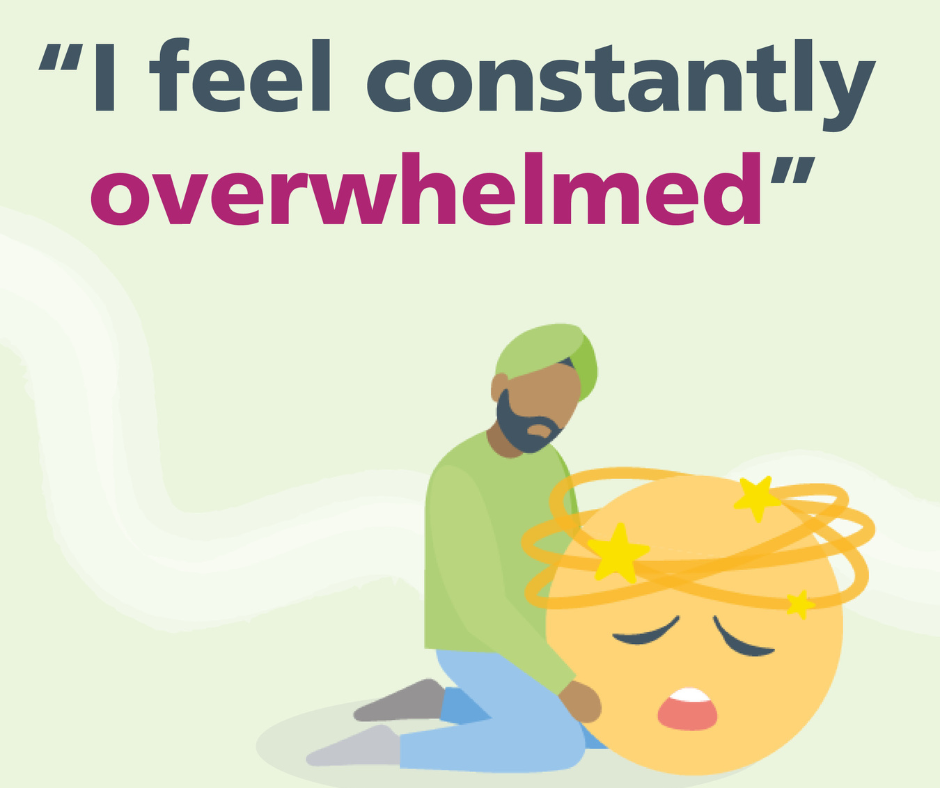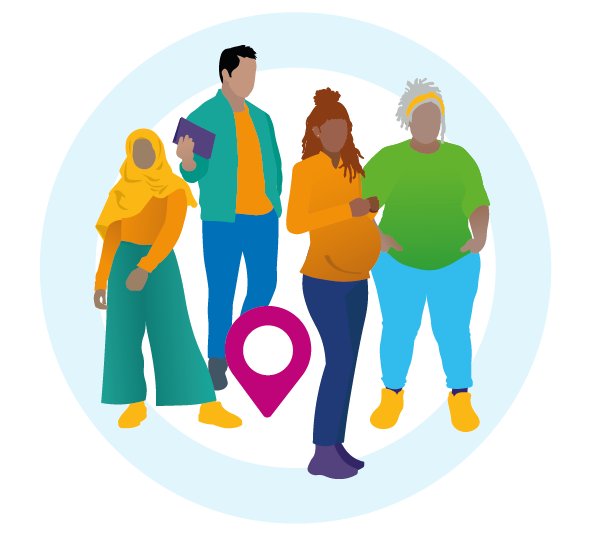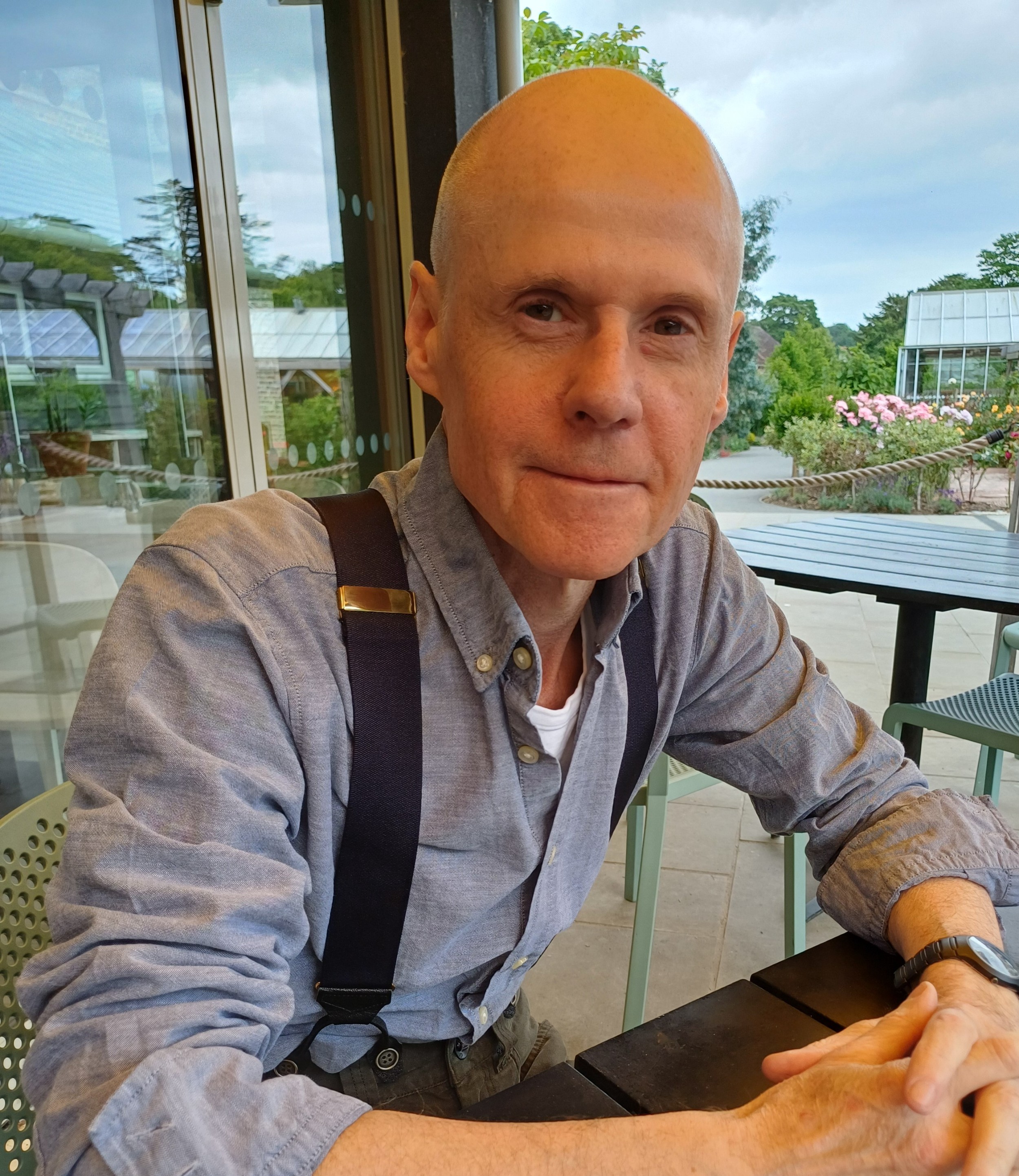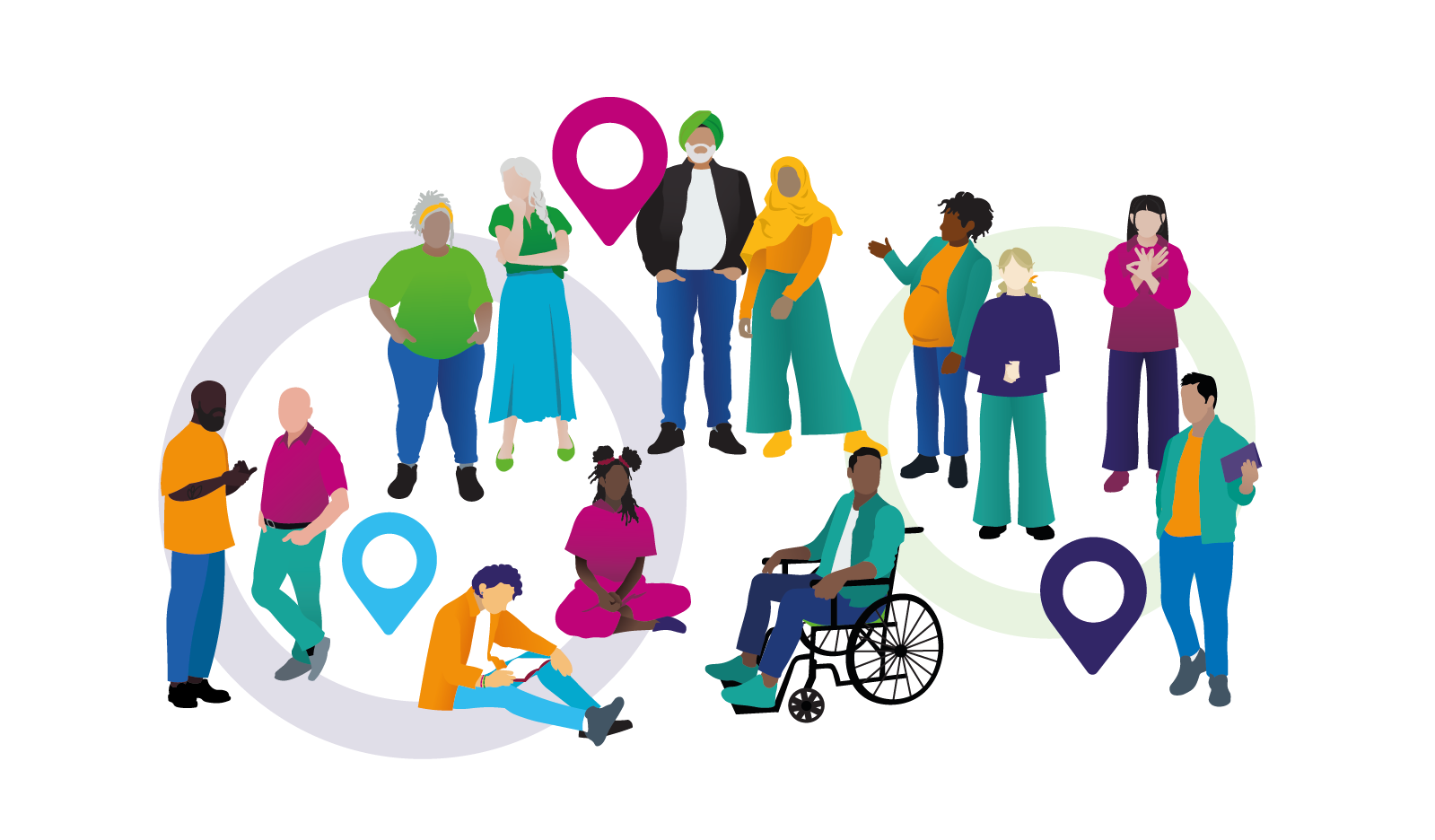
How can I increase my happiness?
A blog by Dr Nick Lake, Director of Psychological Professions, Sussex Partnership NHS Foundation Trust
I have just been interviewed on the topic of happiness. It left me reflecting on the fact that as mental health professionals we usually focus on unhappiness. We measure negative, not positive emotions, and we generally work on addressing mental health symptoms, the negative emotions linked to these, and their underlying causes.
Even when we take a broader approach and measure quality of life, we don't tend to focus on happiness specifically. So I decided to go back to the literature on happiness to see what I could learn and apply myself. In sharing these thoughts I hope that it might stimulate you to think about how you might work directly on your own happiness - or add this as part of your toolkit in your clinical work.
Can we work on our happiness?
Can we find ways to be happier even when our life circumstances remain the same? It strikes me that as a culture we have generally accepted that it is up to us to take ownership and responsibility for keeping ourselves physically fit. Yet it can often be easier to maintain a more passive stance when it comes to our emotional health - or happiness - relying on or hoping for external changes to make us happy rather than working on our internal state.
So - in writing this blog I set myself two key questions:
- Can I take a more proactive enabling approach to improve my happiness?
- Are there any practical tips that might help?
What is happiness?
Before setting out, I decided that I needed to be clearer about what it was that I was trying to improve when working on my happiness. The general consensus is that happiness is a longer term inner state (as opposed to pleasure) characterised by a sense that you are living a decent life, flourishing, and making the best of your abilities. I decided I liked 'a state of inner contentment' as the best description of happiness as it emphasises a key aspect of happiness - that it is a psychological state rather than an automatic reaction to your life's situation.
A starter for ten framework
If happiness is a state of inner contentment, then what could I do to actively improve this? I decided to draw on Seligman's model of happiness (he is the father of modern positive psychology after all). He argues that there are five key components and he defines this in what he calls his PERMA+ model. The key components are:
- Positive emotion
- Engagement
- Relationships
- Meaning
- Accomplishments
So - what are these components - and how could I perhaps work on enhancing them?
Positive Emotion
This one seems obvious. If we are feeling positive emotions like hope, interest, joy, love, compassion, pride, amusement, and gratitude, then we are more likely to feel happy than if we are preoccupied with negative emotions. The good news is that the evidence suggests that we can cultivate positive emotions by doing things that we know activate these feelings (being with friends, listening to uplifting music) and by 'stimulating' and 'noticing' these positive emotions by proactively reflecting on things you are grateful for and the things that are going well in your life. So, first thing each morning I'm going to identify one thing that I want to achieve that I know will make me feel good. At the end of each day I'm going to focus and reflect on one thing I'm grateful for.
Engagement
According to Seligman, engagement is perhaps best defined as “being one with the music”. Another related concept is flow - the loss of self-consciousness and complete absorption in an activity. Being able to occupy this mindful state - living in the present moment and focusing entirely on the task at hand - is known to be an important component of happiness.
Can we actively work on improving opportunities to experience engagement or flow? Evidence tells us that it is more likely to occur when we find the right balance between challenge and our skill/strengths, when we draw on the things we are naturally good at, and when we apply these strengths in new ways. If we get this right, research tells us that we will be happier.
The implication of this is that I should try to prioritise activities I really love, where I lose track of time when I do them. It also suggests that I need to restart my practice of trying to live more in the moment, even during daily activities or mundane tasks. I've also thought more about what my particular strengths are and how I might focus more on the things I'm good at that lead to flow. I enjoy writing - and feel a state of flow when writing. So, as a starter for ten, and as a way to increase my own happiness (as well as hopefully help others) I decided to start writing this blog!
Relationships
Positive relationships are also key to happiness, particularly those where we feel supported, loved, and valued by others. This applies to work colleagues as much as family members. This is perhaps unsurprising - we are social beings whose very survival throughout evolution was based on the strength of our tribe / relationships. Loneliness is a better predictor of poor physical health than smoking. So, I need to prioritise my relationships.
Meaning
Another core element of happiness appears to lie in developing a positive sense of meaning that helps us feel a sense of value and worth. In other words, a purpose in life.
Over this past year I have tried to be quite explicit at work in identifying the things that give me the greatest sense of meaning, and where possible, to prioritise those things over others tasks. For me that's been about focusing my and our team's endeavours on things that will make the biggest difference and give me and others the greatest sense of personal satisfaction. That includes prioritising mentorship of others, working on improving staff wellbeing in the psychological professions, taking steps to increase diversity in the professions, and on working to maximise the availability of psychological interventions within the resources we have available.
Is there anything else I could be doing to help me develop a greater sense of meaning or purpose at work? I'm not sure yet - but I'm going to put time in my diary to think this through.
Accomplishments and achievements
The final letter in the PERMA+ model refers to accomplishment - achieving what you set out to do. Achieving things makes us happy - particularly when the accomplishment is tied to so called intrinsic goals such as growth, connection or self-mastery rather than external goals such as money or fame.
Over the years I have definitely learnt that setting myself clear tasks and goals - with clear outcomes - definitely leads me to feeling a greater sense of accomplishment than when I am less clear or focused on defining what I want to achieve. We are encouraged in appraisals to set SMART goals - goals that are specific, measurable, achievable, realistic, and time bound - and I have learnt that setting these for others also helps other people to feel a stronger sense of achievement and mastery at work.
But am I clear enough at the beginning of each day in setting myself clear targets and goals? If I did, would I feel a greater sense of satisfaction and feel happier? Could I also think a little bit more about balancing goals I must achieve for others and those that link more to my intrinsic sense of satisfaction? Time to experiment. At the beginning of each working day I'm going to set myself clearer goals for that day - and also balance goals that are intrinsically motivating with goals that are defined by others or my core duties and responsibilities. Let's see if it makes a difference!
The Plus (+) in PERMA
The plus in PERMA refers to other important areas such as optimism, nutrition, physical activity and sleep that are also important to mental wellbeing. My sleep is okay, my diet is better than it was, and I know exercise comes easier to me in some forms. But I've noticed that at work I'm perhaps less optimistic now than in times past. Research suggests I'd be happier if I worked on being more optimistic, by for example focusing more on what is going well - and the good intensions behind people's decisions. If we model an optimistic view we are also likely to engender more optimism in others. I'm going to tune in to my optimism at the beginning of each working day whilst I set my planned accomplishments. I wonder if colleagues will notice anything?
Should we all be working on our happiness?
From the literature the answer is definitely yes! Research has shown significant positive associations between each of the PERMA components and physical health, vitality, job satisfaction and life satisfaction. The happier we are, the more effective we are likely to be.
How will I know if I'm happier?
As a subjective emotion, it can be difficult to measure 'happiness'. That said, if I don’t try to measure change - and evaluate how I'm doing - I know I will be less intrinsically motivated to keep going with my plans. We measure some components of happiness on the REQOL (one question explicitly asks if we are happy). However, I've decided to go with the Oxford Happiness Inventory because I think the questions tap in well to components of happiness that I value.
Will these changes make a difference? I'll let you know...

